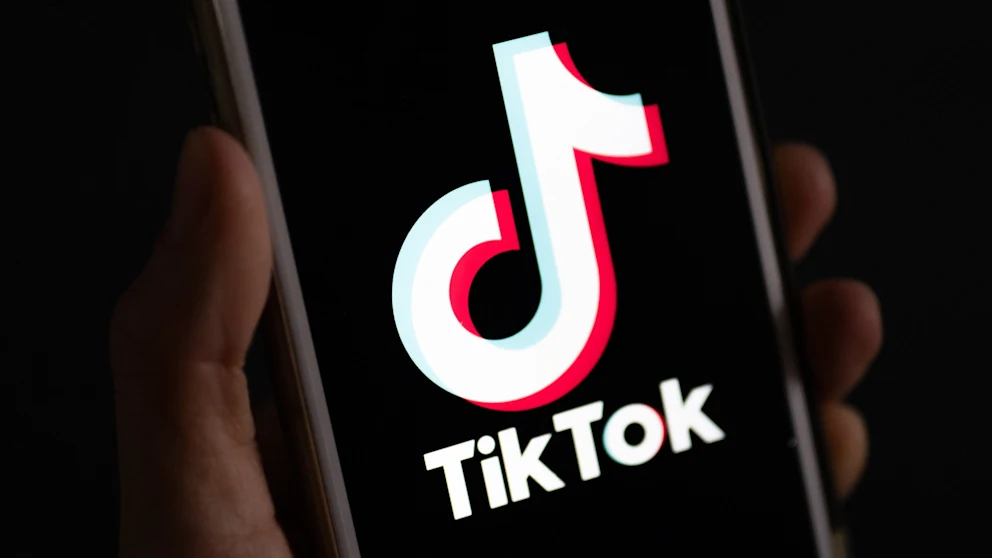TIKTOK: Rise of a Social Media Giant

Did you know that former United States President Donald Trump in 2020 warned he will ban TikTok unless an American firm buys its U.S operations, citing national security?
Launched in 2016, TikTok is one of the fastest-growing social networks, and its colorful music-note-shaped logo is instantly recognizable the world over. It boasts over one billion users, and has become a go-to destination for what’s trending in fashion and beyond. Also, viral TikTok videos have propelled creators into stardom overnight.
TikTok's actually started life as three different apps. The first was an app called Musical.ly, which launched in Shanghai in 2014 but had strong US business links and a healthy audience in that key market. In 2016, Chinese tech giant ByteDance launched a similar service in China called Douyin. It attracted 100 million users in China and Thailand in the space of a year. ByteDance decided it was onto something and wanted to expand under a different brand. So, in 2018 it bought Musical.ly, folded it in, and began TikTok's global expansion. The company decided to add the app’s name to the TikTok logo. Originally, the app name was two separate words: Tik Tok.
TikTok's secret lies in its use of music and an extraordinarily powerful algorithm, which learns what content users like to see far faster than many other apps. Users can choose from a huge database of songs, filters and movie clips to lipsync to.
According to the BBC, the surging global popularity of TikTok has seen the co-founder of its parent company, ByteDance, become China’s richest person. A rich list produced by the Hurun Research Institute shows that Zhang Yiming is now worth $49.3bn (£38bn) – 43 per cent more than in 2023. The 41-year-old stepped down from his role in charge of the company in 2021 but is understood to own around 20 per cent of the firm.
Despite deep concerns in some countries about its ties to the Chinese state, TikTok has become one of the most popular social media apps in the world. While both companies insist they are independent of the Chinese government, the US intends to ban it. However, despite facing that intense pressure in the US, ByteDance’s global profit increased by 60 per cent last year, driving up Zhang Yiming’s personal fortune.
Zhang Yiming is said to be the 18th new Number One in China in just 26 years, while the US, by comparison, has only had four Number Ones: Bill Gates, Warren Buffett, Jeff Bezos and Elon Musk.
Short-form videos initially achieved popularity in 2013 thanks to Vine, an app that allowed users to create and share clips that were just six seconds long. The following year saw the debut of Musical.ly, a Chinese social media platform that allowed for longer videos (from 15 seconds to one minute). It originally focused on the lip-synching craze, offering thousands of songs to which users could make entertaining lip-synching and dance videos. Musical.ly quickly gained popularity, especially among American teenagers, and within a few years it had tens of millions of users. At the end of 2017 the Chinese company ByteDance acquired Musical.ly for some $800 million. In the summer of 2018 ByteDance merged all the content and user accounts of Musical.ly into TikTok.
The Top 10 social media apps with a monthly average users (MAU) and date of launch are listed below:
1.Facebook 3.07 billion | 2004
2.YouTube 2.5 billion | 2005
3.Instagram 2 billion | 2010
4.TikTok 1.6 billion | 2016
5.Snapchat 850 million | 2011
6.X (Twitter) 611 million | 2003
7.Pinterest 522 million | 2005
8.Reddit 500 million | 2010
9.LinkedIn <350 million | 2006
10.Threads 200 million | 2023
Sources: BBC | Shopify | Punch | SearchEngine Journal
#penglobalfactfile #TikTok


_1755775186.jpg)
